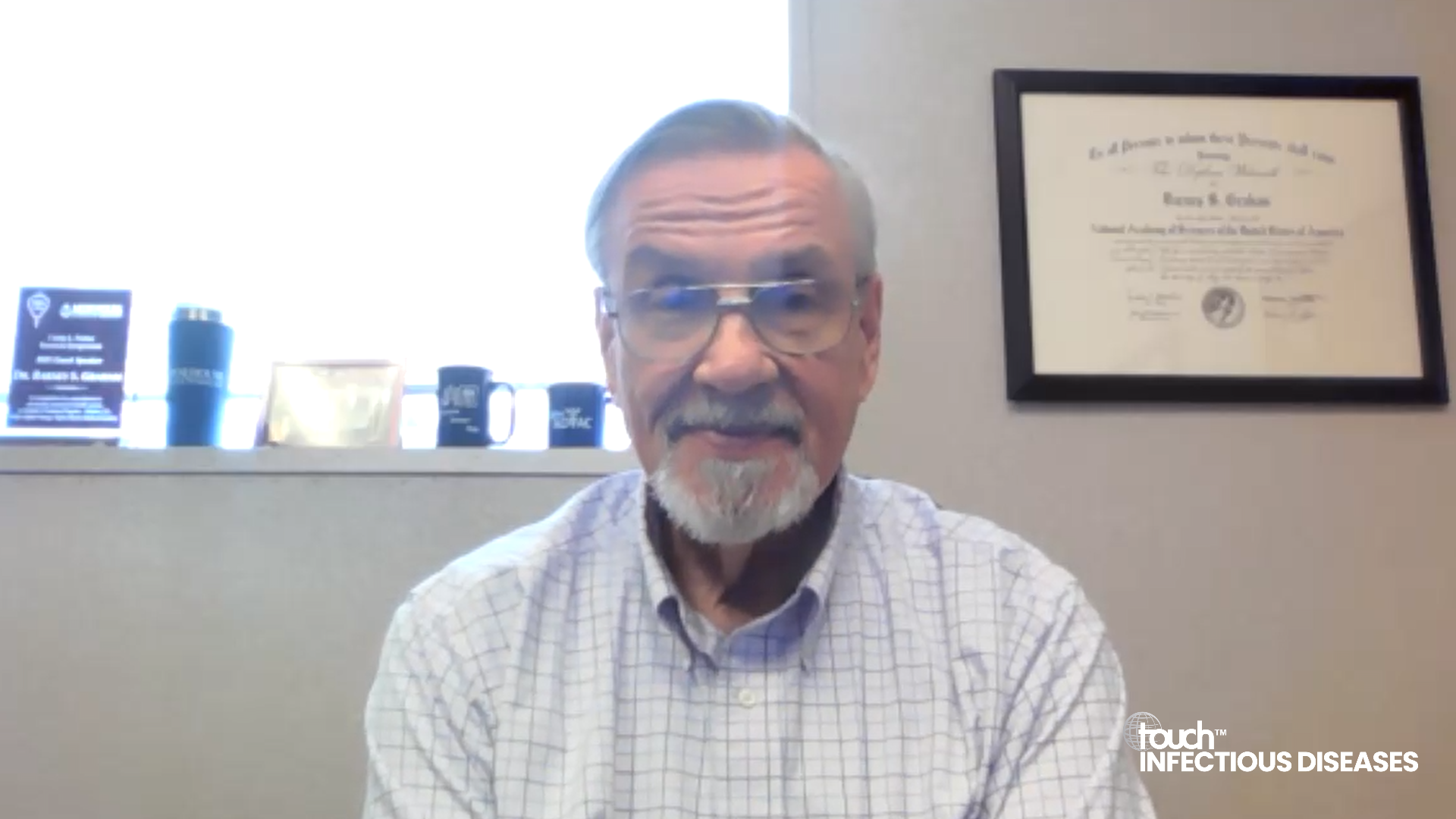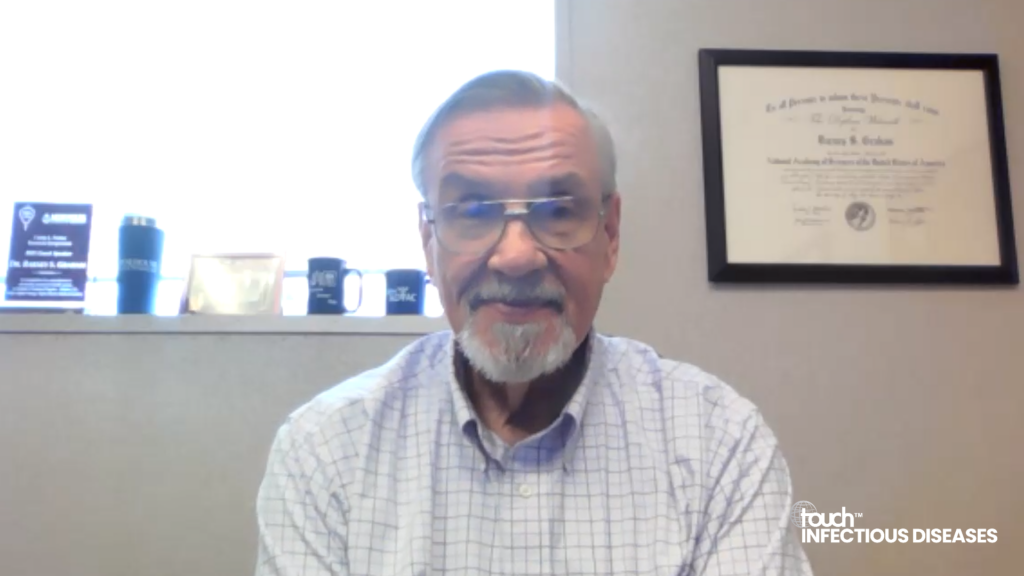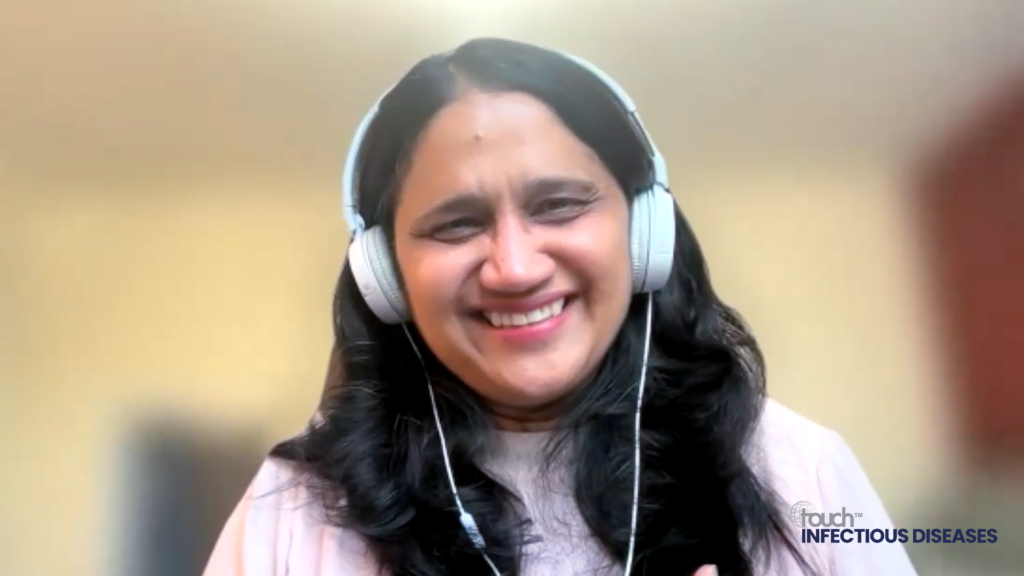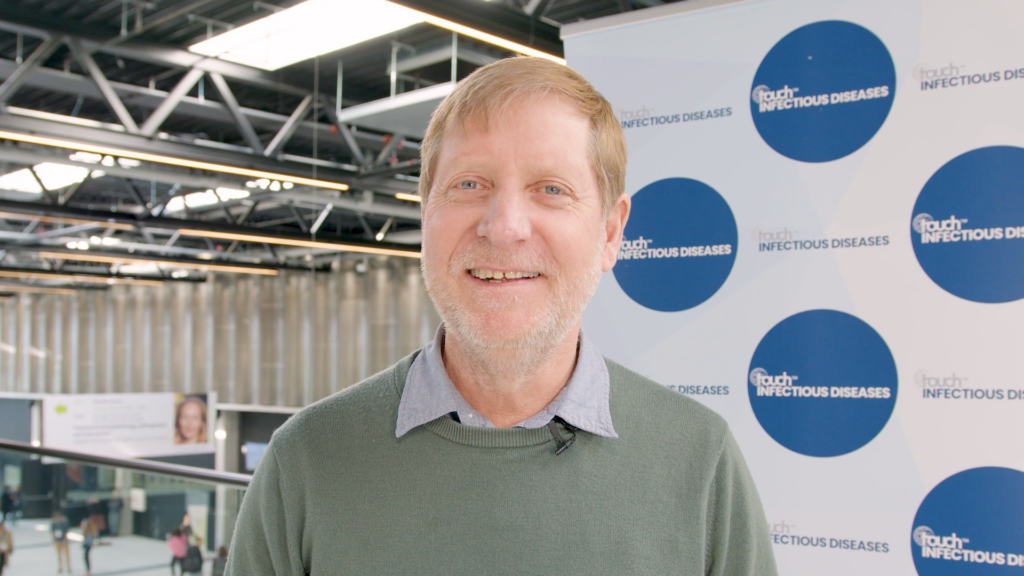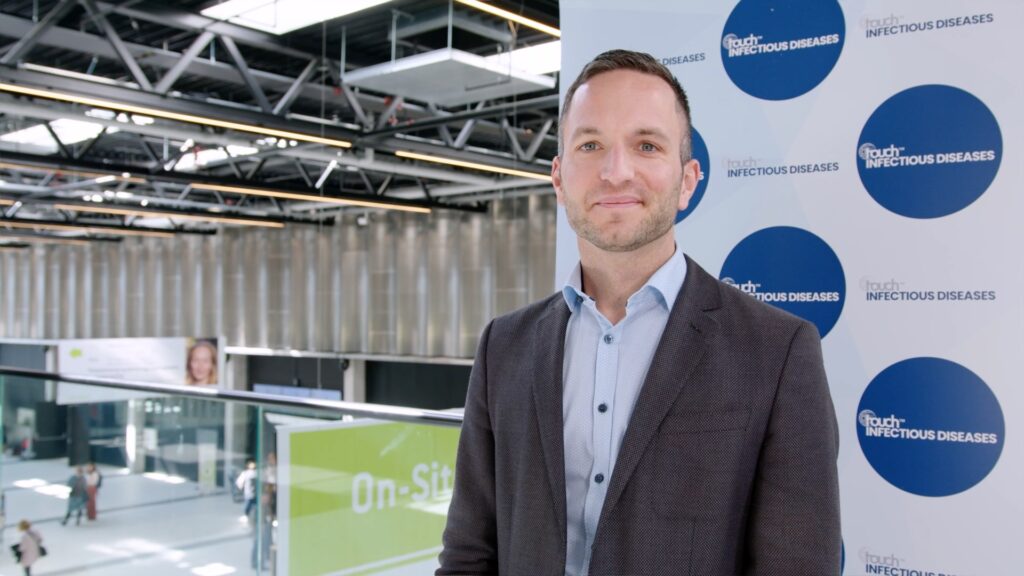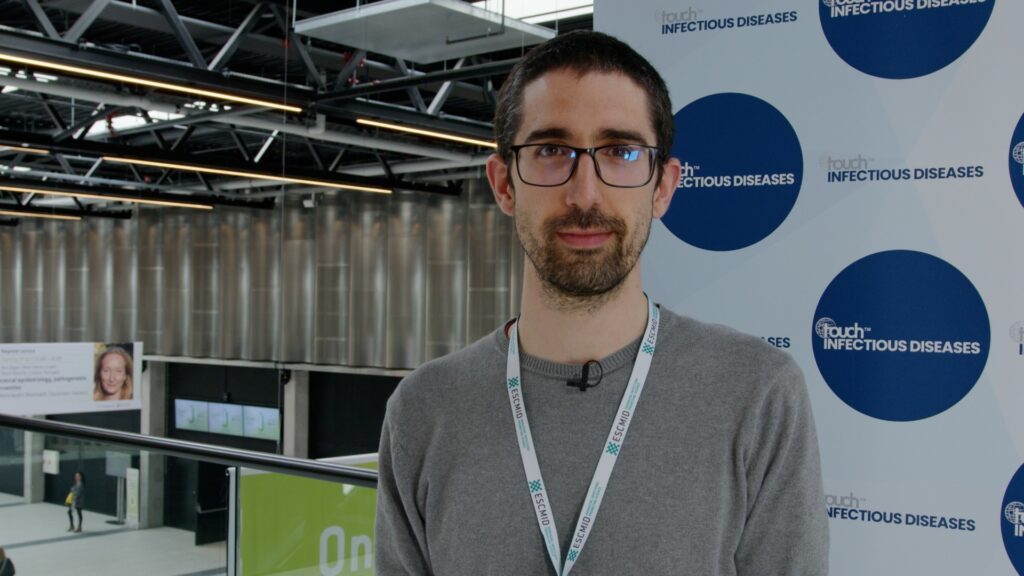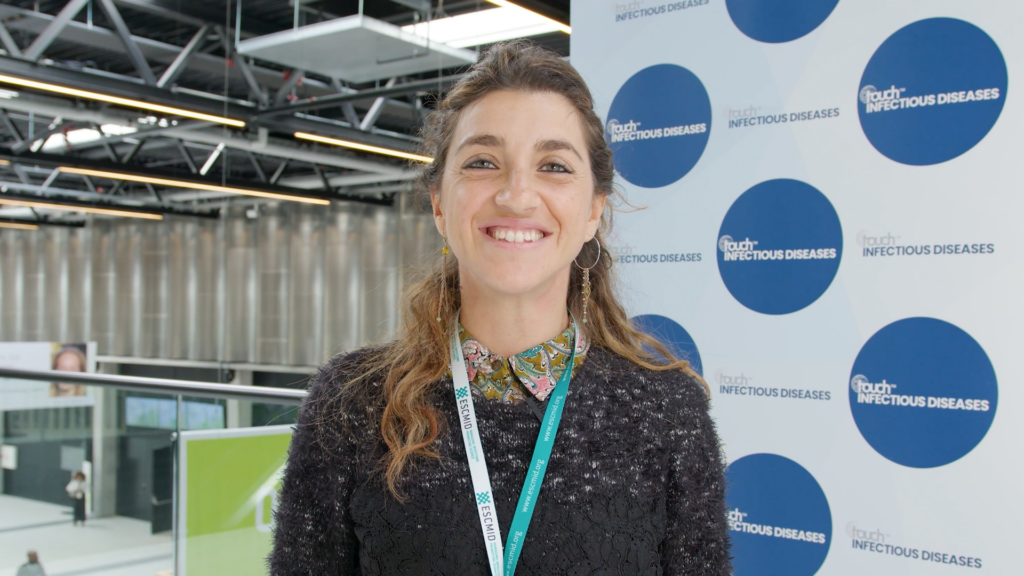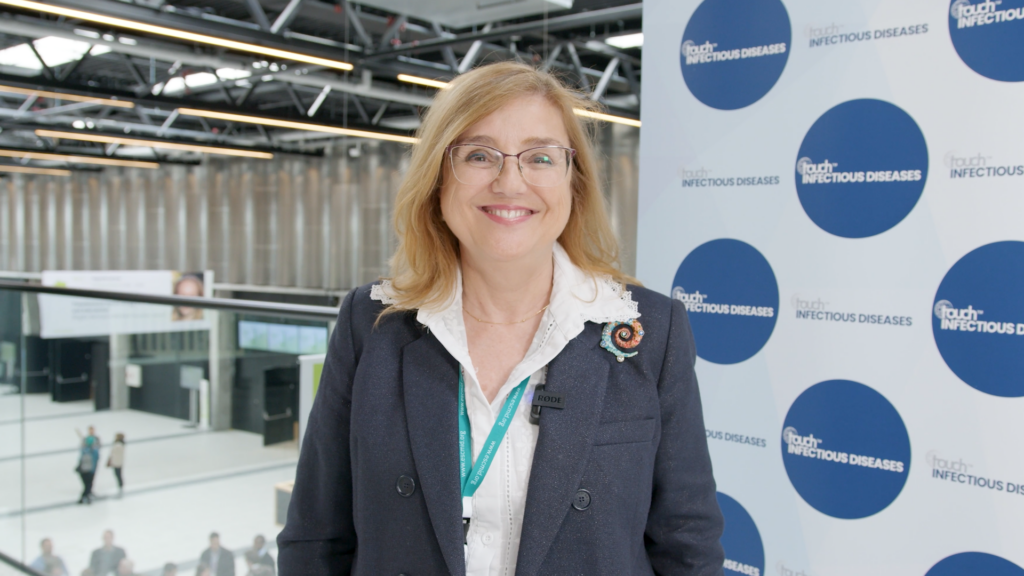VACCELERATE is a European network conducting COVID-19 vaccine trials, bringing together research from academic institutions all over Europe. In this touchINFECTIOUS DISEASES interview Dr Kerstin Albus (University of Cologne and University Hospital Cologne, Cologne, Germany) discusses how VACCELERATE aims to support development of COVID-19 vaccine trials, collaborates with European organizations and supports vaccine development beyond COVID-19.
Questions
- How does VACCELERATE achieve its goals and support the development of COVID-19 vaccine trials in Europe? (0:17)
- How does VACCELERATE collaborate with other organizations and stakeholders in this context? (2:45)
- How does VACCELERATE plan to continue supporting vaccine development efforts beyond the COVID-19 pandemic? (3:32)
Disclosures: Kerstin Albus has nothing to disclose in relation to this video interview.
Support: Interview and filming supported by Touch Medical Media Ltd. Interview conducted by Katey Gabrysch and Victoria Jones.
Filmed in conjunction with 33rd European Congress of Clinical Microbiology & Infectious Diseases.
Click here for more content on COVID-19 & for further ECCMID 2023 highlights visit here.
Transcript
Hi my name is Kirsten Albus and I work at the University hospital in Cologne, Germany as a Project Manager, and I’m the Head of the Coordination Office for VACCELERATE.
How does VACCELERATE achieve its goals and support the development of COVID-19 vaccine trials in Europe? (0:17)
First of all, VACCELERATE is a Pan-European network to accelerate phase two and three vaccine clinical trials, and it was launched in response to the COVID-19 pandemic by the European Commission. It brings together the best expertise for clinical trial design and development from Europe. The major goals of VACCELERATE are to map capacity and to build capacity for clinical trial site and laboratories, thereby providing the highest quality clinical trials. We also aim to provide access to participants for clinical trials. Additionally, we have three clinical trials that are within the VACCELERATE network to answer public health questions or to gain more knowledge on gaps. VACCELERATE has established a site network with almost 500 clinical trial sites and a unique pan-European volunteer registry with more than 100,000 volunteers that have been registered and taking both registries together clinical trials are facilitated and expedited and results out of these clinical trials can be achieved faster, up to six months faster. We also provide educational training; we have study nurse courses or good clinical practice courses that we offer. Furthermore, we can provide access to laboratory sites and harmonized methods for phase two and three clinical trials. By conducting those clinical trials within the VACCELERATE network, we also provide information on booster vaccinations and on questions for the paediatric population and vaccination thereof.
How does VACCELERATE collaborate with other organizations and stakeholders in this context? (2:45)
The VACCELERATE is coordinated by the University Hospital in Cologne, Germany. We have 31 partners from 18 EU countries and 5 associated countries. We connect with other partner networks and utilize their infrastructures, but we also have short communication pathways with authorities, public health agencies and entities, for example, with the European Commission and the EMA and ECDC.
How does VACCELERATE plan to continue supporting vaccine development efforts beyond the COVID-19 pandemic? (3:32)
Beyond the COVID 19 pandemic, VACCELERATE is an established network to face any emerging epidemics or pandemics. While initially focused on COVID-19, we also broadened the spectrum by, for example, investigating on polio virus, monkeypox and other respiratory infections. What we learned from the pandemic is that you have to act rapidly and adapt to the ever changing environment. So that’s what the VACCELERATE is there for and now ready to tackle.
Subtitles and transcript are autogenerated.

